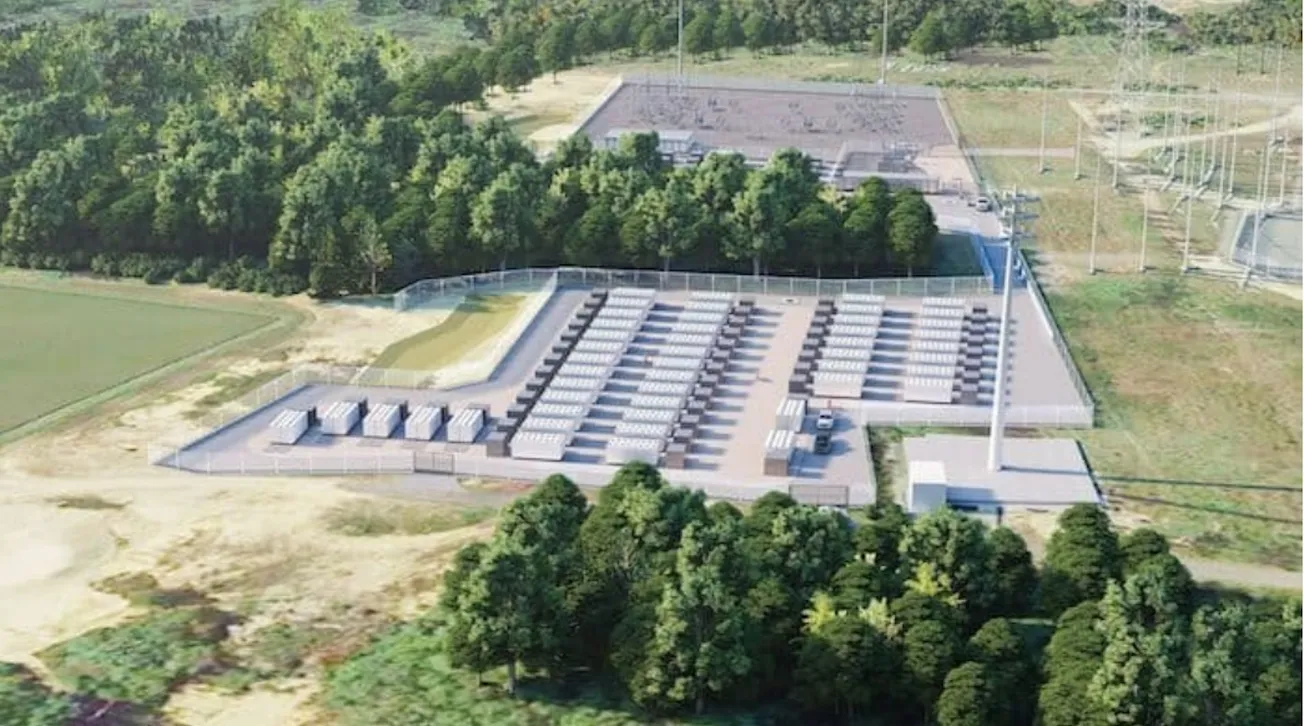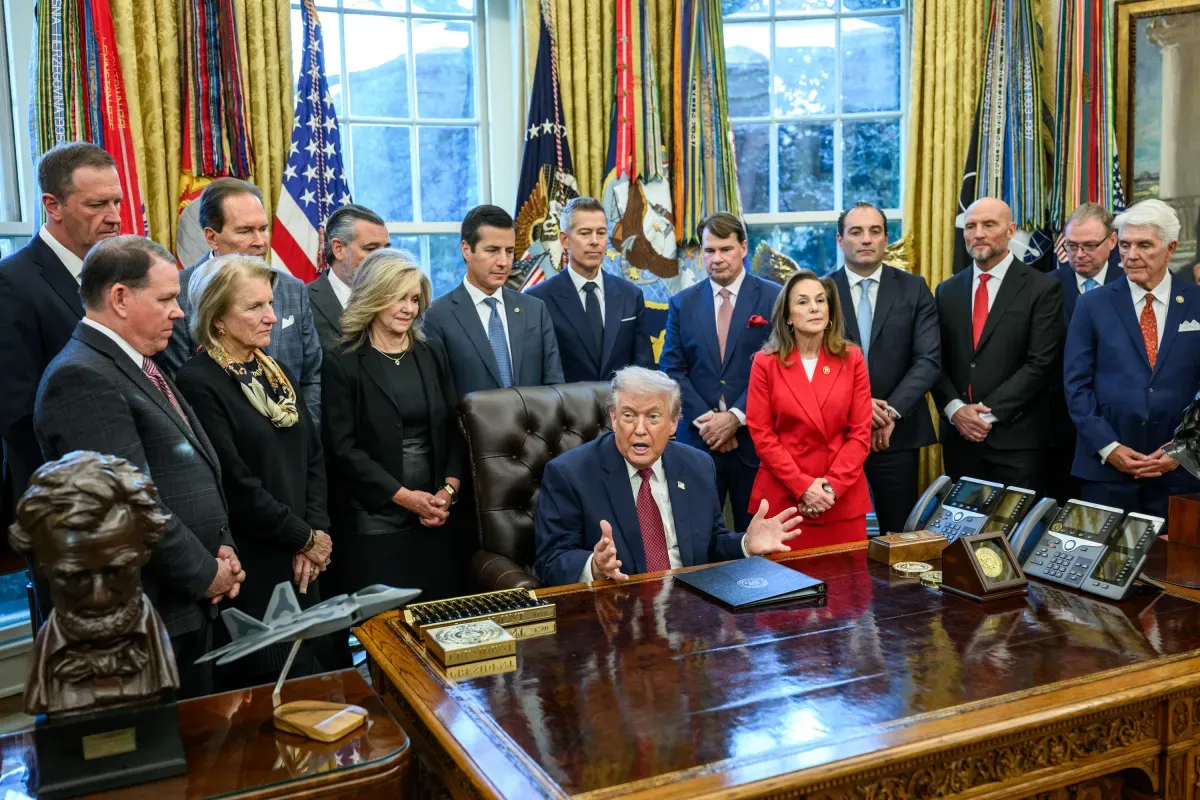By David Wojick, CFACT |January 07, 2025
Massachusetts just passed a law requiring the big utilities to buy a whopping 1,500 MW of batteries by this July. It should cost several billion dollars requiring immediate rate increases so it will be getting lots of attention. Net zero storage finally hitting the fan.
The total battery buy is an incredible 5,000 MW with most of that bought in the next few years so the rate increases will keep coming. The law is a study in vagueness so there will be a lot of confusion along the way.
The complex issues involved have been nicely outlined in two articles by Laurie Belsito at the Massachusetts Fiscal Alliance. The first, written before the Bill passed, is titled “Proposed Battery Law Costs Billions and Does Nothing”. See it here:
https://www.massfiscal.org/op-ed-the-actual-costs-legislature-climate-bill
This article focuses on the cost of the entire 5,000 MW, saying this:
“The amount of batteries is somewhat unclear. The Bill specifies that 5,000 Megawatts (MW) of batteries be bought but this is the discharge capacity, that is how fast the batteries can be emptied. The storage capacity is what counts and that is measured in Megawatt-hours (MWh). Specifying MW is like buying juice based on how fast it pours not how much the bottle holds.
The Bill does include a range of storage capacities which bounds the cost somewhat. Most of the batteries are what is called mid-duration which means they can provide full discharge for from four to 10 hours. Almost all grid scale battery systems these days are four hour duration so for simplicity we will start by assuming the whole 5,000 MW buy is four hour batteries.
This gives 20,000 MWh of storage. Battery systems today run around $500,000 per MWh. That gives a total cost of $10,000,000,000 or ten billion dollars which equals roughly 17% of the current state budget. If 10 hour batteries are purchased the cost jumps to $25,000,000,000 or twenty-five billion dollars. The Bill actually calls for a good bit of longer duration batteries as well which makes the cost even higher.”
Ten billion, twenty-five billion, maybe more who knows? That is seriously vague and I doubt the Legislators who voted for this madness had any idea of these numbers.
There is a lot more in the article that is well worth reading.
The second Belsito article analyzes the looming complexities of the utilities buying 1,500 MW in a rush. It is titled “Amidst Glaring Unknowns in New Energy Law, Rate Increases Definite” and is here:
https://www.massfiscal.org/amidst_glaring_unknowns_in_new_energy_law_rate_increases_definite
Here are three excerpts to give the flavor of the analysis. There is a lot more in the article.
1. “This is sure to be a very complex process with little guidance from the new law. The big question we have is who will wind up paying for something we previously found won’t give us much bang for our buck, where many billions of dollars will buy you a few more hours of energy at best. Big rate increases are certain but it’s unclear which ratepayers will be taking the hit and how these price increases will be distributed among them.”
2. “One point to be considered is that the law says this huge battery storage buy shall be made jointly by “every distribution company” in the State. The law is unclear on whether this includes municipal power authorities, which are not technically companies. If it does exclude them, then municipal power customers might be off the hook when it comes to paying the billions.
Assuming it is just the investor-owned utilities that most of us use, the big question is then how will the cost be divided among them? The new law is silent here. They might do it on the basis of customer equity, such as total retail sales. Or they might do it on the basis of their relative need for batteries in which case customers of one utility could see much bigger rate increases than another utility’s customers.
Another complexity is that these rate increases all have to be applied for and approved by the state Department of Public Utilities. This can be a long-drawn-out process but the bill itself puts the state under a significant deadline. Rushing to spend billions is never good policy, but it is now the law that our elected state representatives and governor approved just a week after most of them secured reelection, while the senate gave its approval days before. Presumably while the purchase process is done jointly the rate increases will be done on individual utility cases, especially if the rate increases differ a lot.
There is also a chicken and egg dilemma. The rate increases should be based on the battery costs, but the utilities cannot finalize the purchases to establish costs without the rate increases. Perhaps they will make the purchase contracts contingent upon getting the necessary rate increases. Among the uncertainty, the one thing that can be assured is that your bills will go up.”
3. “These staggering costs and who will pay them will start to come into focus with the rate increase applications that the power companies will have to file. The affected ratepayers should demand an explanation as there is no apparent use for all these thousands of extremely large, expensive and dangerous batteries that will be dotting the landscape in our communities.”
I can hardly wait for these rate increase requests to hit. People will finally see the costly absurdity of battery backup for renewables. I and others at the Net Zero Reality Coalition have been writing about this for several years. See https://www.cfact.org/netzerorealitycoalition/. Until now the issue has been academic but this is a looming reality.
The astronomical cost of backup batteries is an issue that extends far beyond Massachusetts. We should all watch this issue storm closely.
David Wojick, Ph.D. is an independent policy analyst and senior advisor to CFACT.
Original article link









